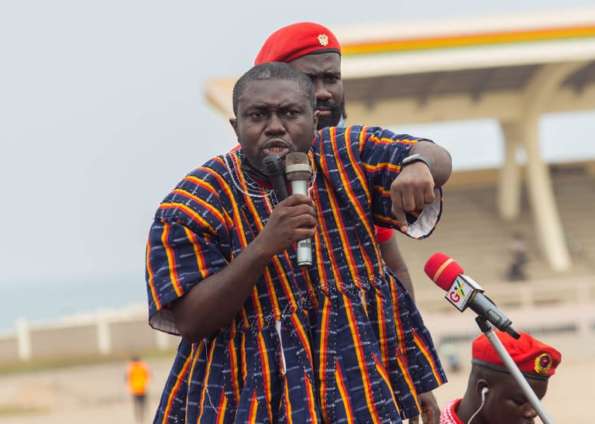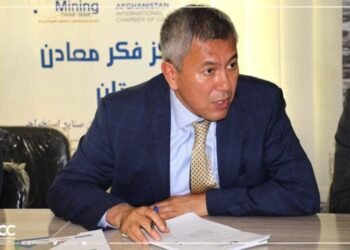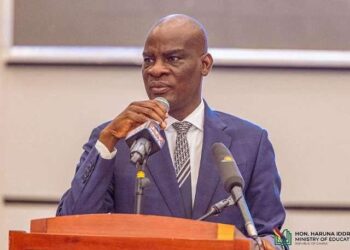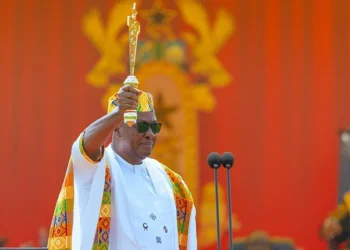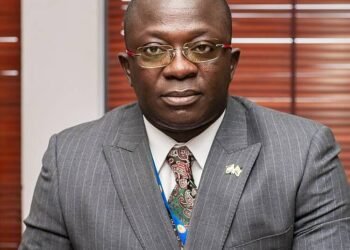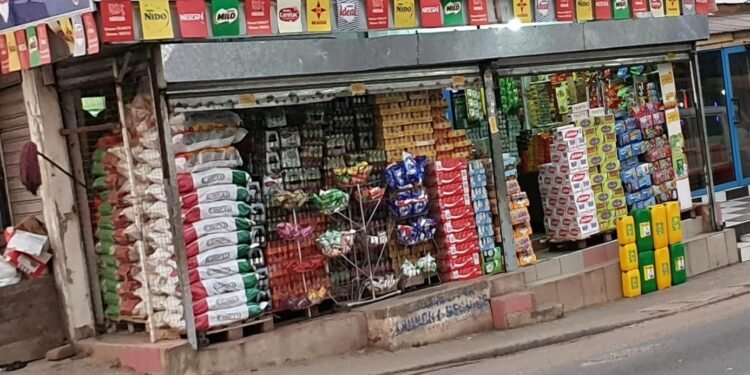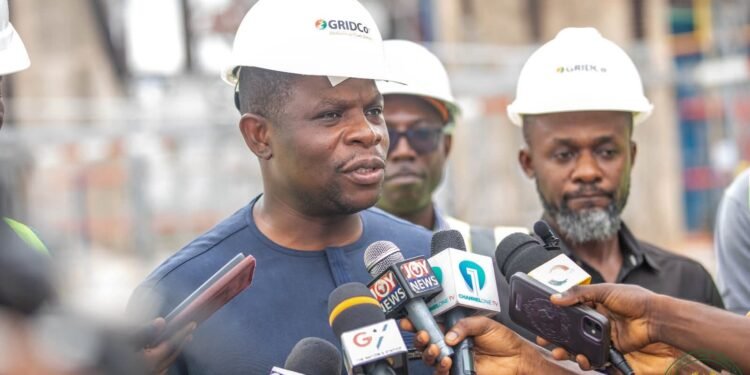A constitutional activist and lead convener for the Democracy Accountability Hub, Osagyefo Mawuse Oliver Barker-Vormawor, has blamed the Supreme Court and the Electoral Commission (EC) for the ongoing political tension in the country following Saturday’s December 7, 2024 elections.
In a detailed statement, Barker-Vormawor highlighted critical issues he believes have exacerbated the unrest and distrust surrounding the 2024 general elections, attributing it to a systemic failure undermining the country’s electoral process.
He noted that the Supreme Court’s refusal to compel the current Chairperson of the Electoral Commission of Ghana, Madam Jean Mensa to testify during the 2020 election petition set a dangerous precedent.
“In fact on one…platform, Frank Davies, in taking his victory lap after the Supreme Court decision nearly cussed me out because I was pointing out the potential risk of how the Supreme Court dealt with the issue of Jean Mensa not answering for electoral irregularity. I said specifically that it will come back to bite us in 2024.”
Osagyefo Mawuse Oliver Barker-Vormawor, a Constitutional Activist and Lead Covener for the Democracy Accountability Hub
He argued that this lack of judicial oversight has now come full circle, with the nation experiencing heightened tensions and disruptions during the collation process.
“It is a horrible policy to tell political actors that elections are won only at the polling station and not in court, and so they should mass up there,” he said, emphasizing that such a stance has turned polling and collation stations into “do-or-die battlegrounds”.
In his critique, Barker-Vormawor did not mince words about the judiciary, labelling the Supreme Court’s decisions as a product of “incompetence and terrible judicial decision-making.”
He argued that by denying scrutiny of the EC’s actions, the Supreme Court has indirectly fostered an environment where electoral malpractice can thrive. “If we refuse to mainstream accountability in all stages of the electoral process, you will reap tension and passionate protestations that disrupt the collation process,” he warned.
The activist underscored the tangible consequences of these systemic failures, noting how they have undermined trust in the electoral process and fueled passionate disputes at collation centers across the country.
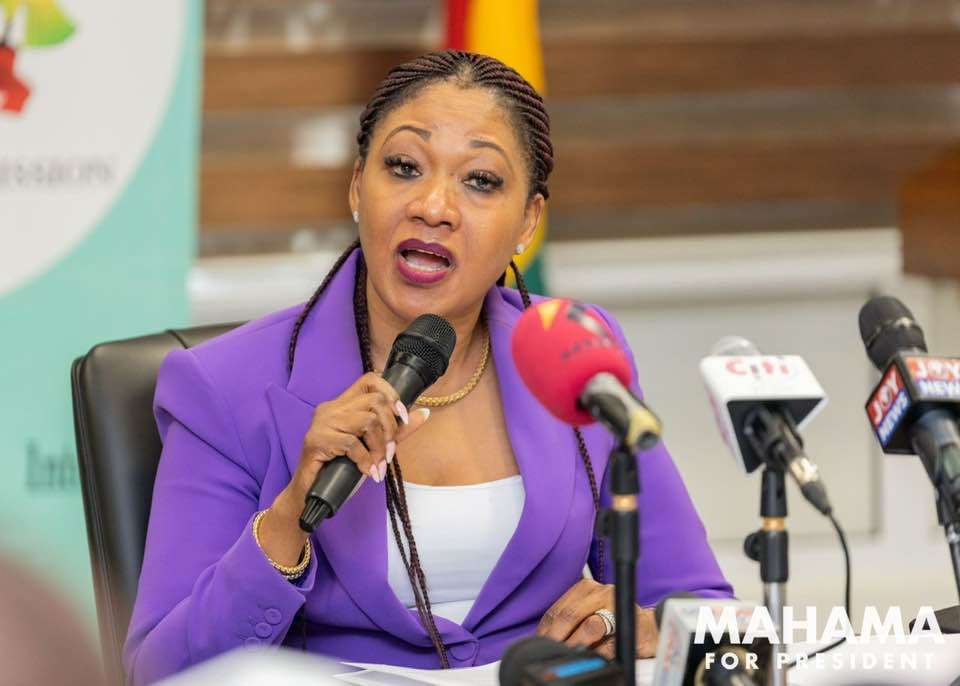
NDC’s Actions and Public Memory
While acknowledging the proactive measures by the National Democratic Congress (NDC) and its supporters, such as using body cameras to monitor proceedings, Barker-Vormawor said he finds it difficult to criticize them.
“I am unable to blame the NDC and its supporters. Trust me, I have tried. But I will be a hypocrite if I do,” he stated. He highlighted the irony of those who, in 2020, dismissed the NDC’s concerns about electoral malpractice as incompetence in ballot collation, only to now face the fallout from those unaddressed issues.
He also chastised those with what he called “short memories” for failing to recognize the systemic failures that have led to the current impasse. “A nation is improved through system thinking, not one-of or in-the-moment blame games,” he asserted.
Barker-Vormawor’s statement is not merely a critique but also a call to action. He insisted that systemic accountability must be embedded at every stage of the electoral process, from polling stations to the courts.
Without this, he warned, Ghana will continue to experience election-related tensions that undermine democracy and public trust.
The activist’s remarks add to the growing calls for electoral reforms and judicial introspection in Ghana, as the country navigates its post-election challenges.
READ ALSO: Tullow Oil Faces Potential Takeover by Kosmos Energy

